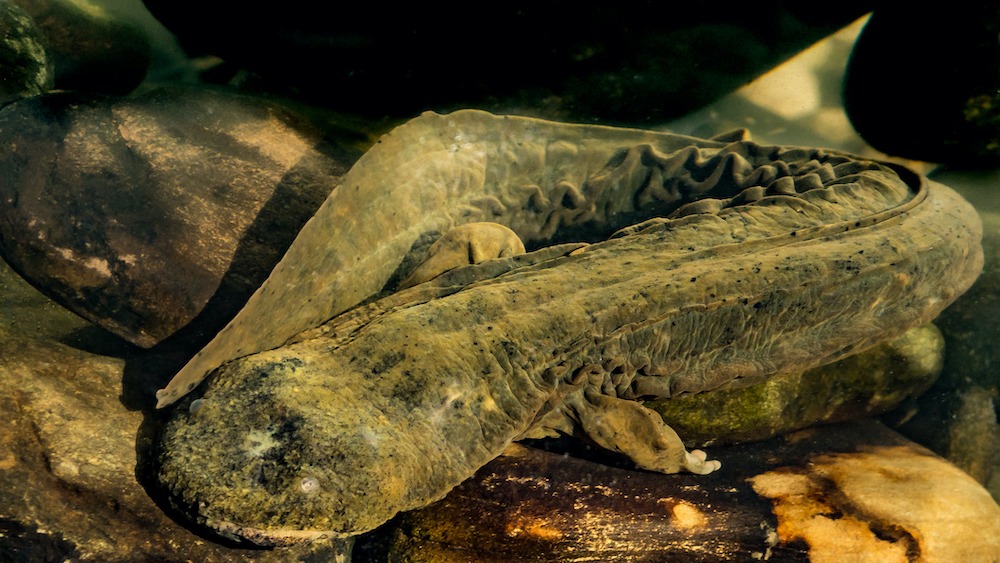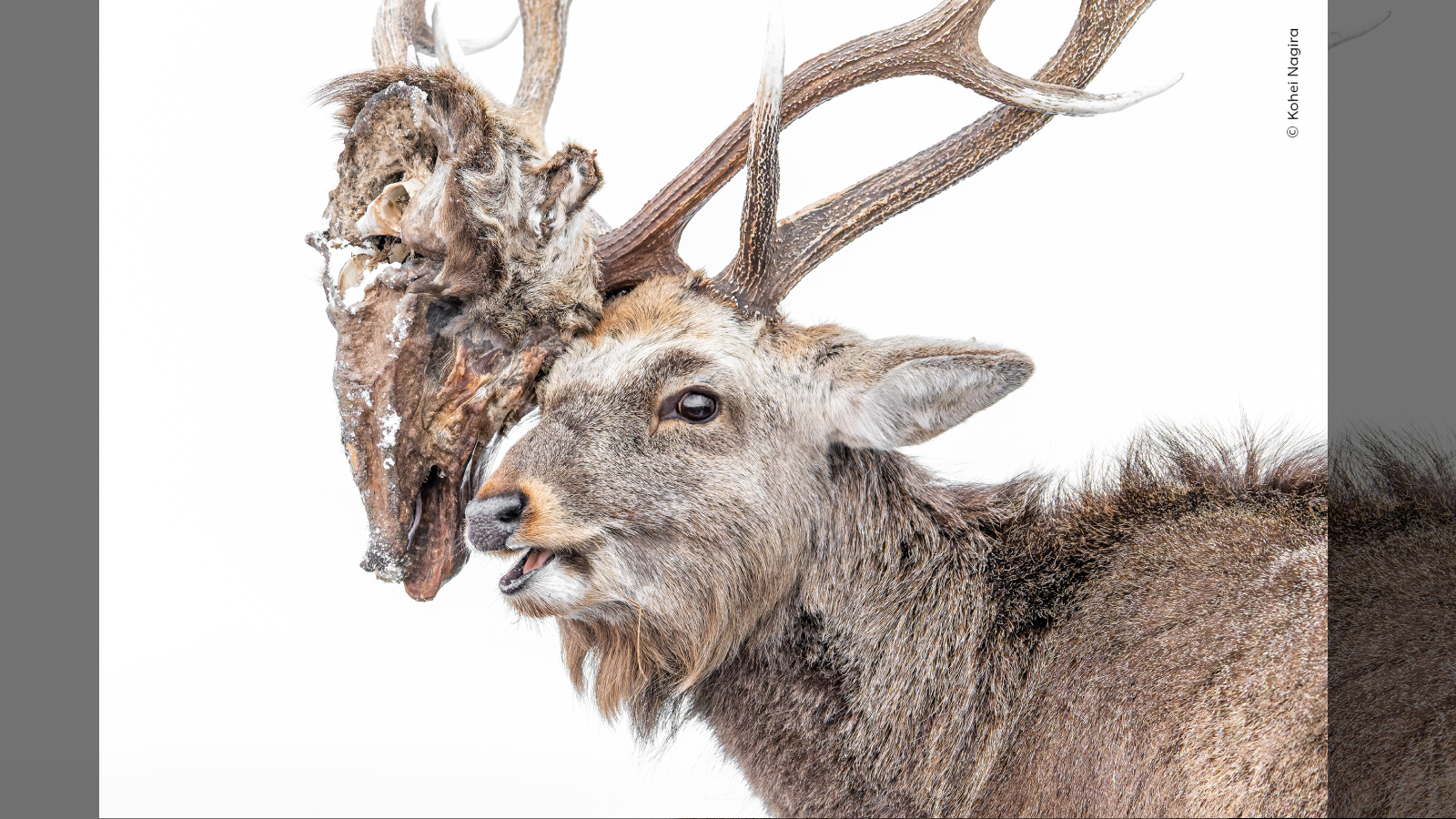Hellbender salamander dads are cannibalizing their young, and deforestation may be to blame
Deforestation is forcing hellbender salamander dads to eat their young.

Get the world’s most fascinating discoveries delivered straight to your inbox.
You are now subscribed
Your newsletter sign-up was successful
Want to add more newsletters?

Delivered Daily
Daily Newsletter
Sign up for the latest discoveries, groundbreaking research and fascinating breakthroughs that impact you and the wider world direct to your inbox.

Once a week
Life's Little Mysteries
Feed your curiosity with an exclusive mystery every week, solved with science and delivered direct to your inbox before it's seen anywhere else.

Once a week
How It Works
Sign up to our free science & technology newsletter for your weekly fix of fascinating articles, quick quizzes, amazing images, and more

Delivered daily
Space.com Newsletter
Breaking space news, the latest updates on rocket launches, skywatching events and more!

Once a month
Watch This Space
Sign up to our monthly entertainment newsletter to keep up with all our coverage of the latest sci-fi and space movies, tv shows, games and books.

Once a week
Night Sky This Week
Discover this week's must-see night sky events, moon phases, and stunning astrophotos. Sign up for our skywatching newsletter and explore the universe with us!
Join the club
Get full access to premium articles, exclusive features and a growing list of member rewards.
Baby hellbender salamanders don't stand a chance against their fathers who have gone rogue and started cannibalizing their offspring.
For the past eight years, scientists from Virginia Tech have been studying the behavior of hellbender salamanders (Cryptobranchus alleganiensis), a species of giant amphibians that inhabit the frigid waters of southwestern Virginia rivers and are considered the largest salamanders in North America, growing about 2 feet (0.69 meters) long and weighing up to 5 pounds (2.3 kilograms).
The researchers noticed that male salamanders were more prone to eating their young if they resided in areas affected by deforestation.
In fact, in the past 50 years, hellbender salamander numbers have decreased across the United States, and the researchers cited disease, poaching, climate change and habitat loss due to deforestation as possible factors leading to this cannibalistic behavior, The New York Times reported.
Related: World's oldest known case of cannibalism revealed in trilobite fossils
Typically, male salamanders are doting fathers that stick around for months after fertilizing the eggs to fend off possible predators, eating only around 14% of the offspring that have low chances for survival. However, in areas where deforestation is an issue, this tendency to chow down on their young tripled. Hopkins suspects that changes in water chemistry due to deforestation could be depleting the salamanders' food supply and thus causing this shift in behavior, according to The New York Times.
Infanticide has become so commonplace among these jumbo salamanders that the researchers worry that the practice could lead to the species' extinction.
Get the world’s most fascinating discoveries delivered straight to your inbox.
"If you have rates of cannibalism this high, then that alone is enough to explain many of the population declines we've seen across the species range," William Hopkins, an ecologist at Virginia Tech and lead author of a new paper describing the research, told The New York Times.
Male hellbender salamanders aren't unique in their hankering to eat their young. Filial cannibalism is also common in other species, like cane toads and Baltic comb jellies.
The research by Hopkins and his colleagues will be published in a forthcoming issue of the journal The American Naturalist.
Jennifer Nalewicki is former Live Science staff writer and Salt Lake City-based journalist whose work has been featured in The New York Times, Smithsonian Magazine, Scientific American, Popular Mechanics and more. She covers several science topics from planet Earth to paleontology and archaeology to health and culture. Prior to freelancing, Jennifer held an Editor role at Time Inc. Jennifer has a bachelor's degree in Journalism from The University of Texas at Austin.
 Live Science Plus
Live Science Plus





